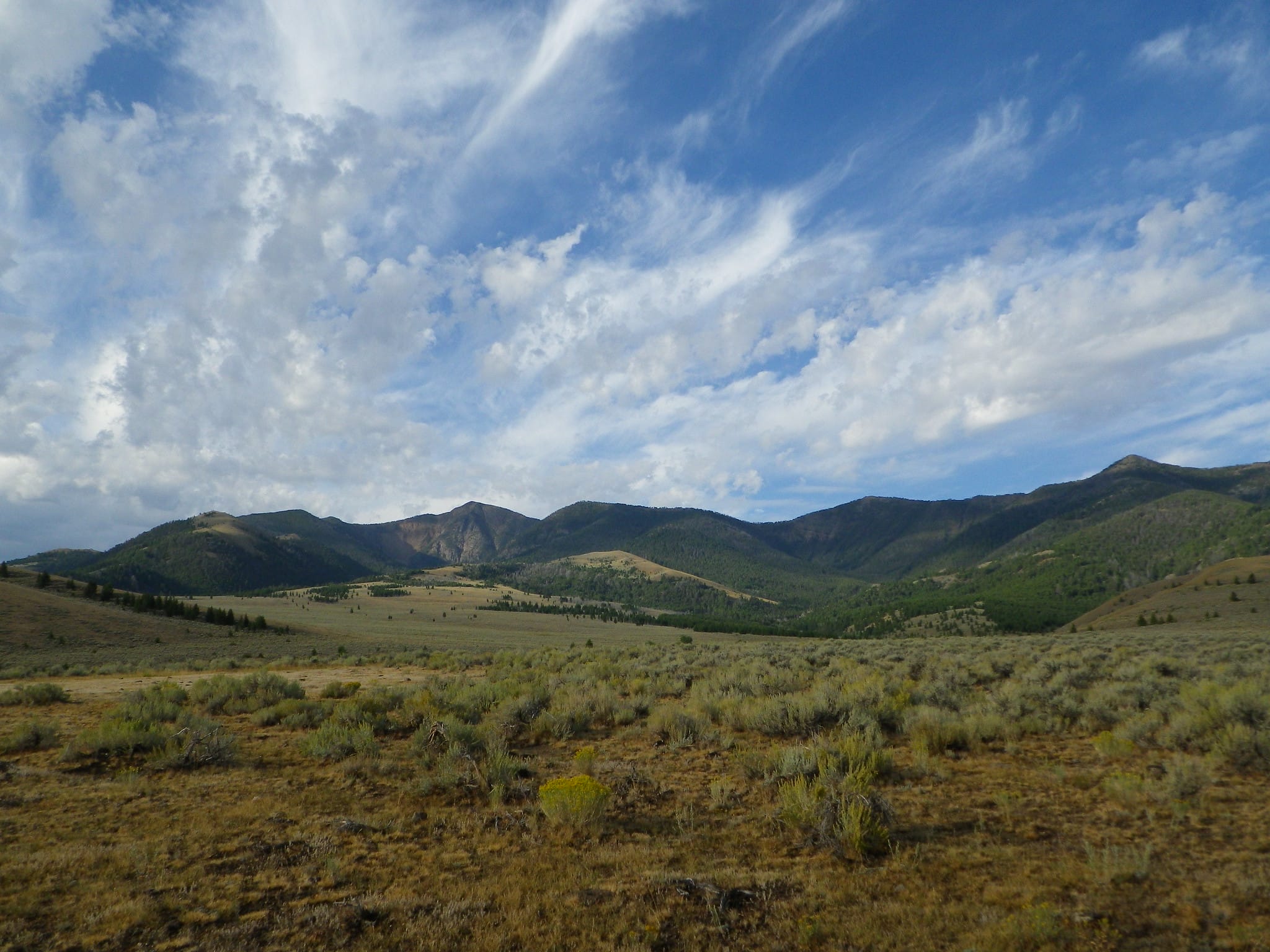
The rule promotes locally driven and locally led conservation efforts – such as those completed by Trout Unlimited – to maintain intact, functioning landscapes.
April 18, 2024
Contacts:
- Chris Wood, President and CEO, Trout Unlimited, chris.wood@tu.org
- Emily Olsen, Vice President for the Rocky Mountains, Trout Unlimited – emily.olsen@tu.org
- Zoe Bommarito, National Advocacy Communications Director, Trout Unlimited – 406-437-3832, zoe.bommarito@tu.org
ARLINGTON, Va.— Today the Bureau of Land Management (BLM) finalized the Public Lands Rule, which gives the agency a framework to promote ecosystem resilience on public lands and waters by identifying and prioritizing lands for protection and restoration, encouraging conservation investments, and putting conservation on equal footing with other uses of public lands.
“The new Public Lands Rule is nothing more than a re-statement of the obvious. Conservation is a vital part of the BLM’s multiple use mandate; just as it has been since passage of the Federal Lands Policy Management Act in 1976,” said Chris Wood, President and CEO of Trout Unlimited. “Public lands face no shortage of challenges—historic drought, more intense wildfires, and invasive species, as well as the need to manage responsible energy development. The reality is that we cannot meet the social and economic needs of communities without first securing the health, diversity and productivity of the land. We are pleased to see the agency recognizing what the law already states—conservation is a vital use of our public lands.”
Last year, TU and the BLM announced a five-year, $8.9 million agreement for Western watershed restoration. In Wyoming, TU and BLM will continue to expand a decade-long partnership in the Muddy Creek drainage, one of BLM’s Restoration Landscapes, to restore native fish and improve habitat. Together, TU and BLM are expanding riparian restoration to restore natural ecological function throughout the watershed. In places like South Park, Colorado, TU works with BLM to ensure new management plans honor longstanding local collaboration and balance energy development with fish and wildlife habitat conservation.
The Public Lands Rule advances new tools, including the ability to use “restoration leasing” to help achieve long-term ecological benefits on public lands. The rule promotes locally driven and locally led conservation efforts – such as those completed by Trout Unlimited – to maintain intact, functioning landscapes.
“We are optimistic that restoration leasing can help sustain working landscapes and ensure they remain resilient for future generations,” said Emily Olsen, Vice President for the Rocky Mountains at Trout Unlimited. “TU looks forward to assessing restoration leasing, alongside our partners in the agricultural and grazing community, as a new tool to ensure the durability of rangeland and riparian restoration projects and the ecological benefits they provide.”
BLM manages more public land—245 million acres—than any other land management agency, the vast majority located in 12 western states and Alaska. The Public Lands Rule will establish a framework to ensure healthy landscapes, abundant wildlife habitat, clean water, and balanced decision-making on our nation’s public lands.
The agency published the proposed Public Lands Rule in the federal register on April 3, 2023, for a 90-day public comment period, the longest comment period on rulemaking in recent history. BLM received 216,403 comments from Tribes, state and local governments, industry groups, advocacy organizations, and members of the public.
For more information on the Public Lands Rule:https://www.tu.org/press-releases/bureau-of-land-management-moves-to-boost-conservation-and-restoration-on-public-lands/
###
Trout Unlimited is the nation’s oldest and largest coldwater fisheries conservation organization dedicated to caring for and recovering America’s rivers and streams so our children can experience the joy of wild and native trout and salmon. Across the country, TU brings to bear local, regional, and national grassroots organizing, durable partnerships, science-backed policy muscle, and legal firepower on behalf of trout and salmon fisheries, healthy waters, and vibrant communities.

